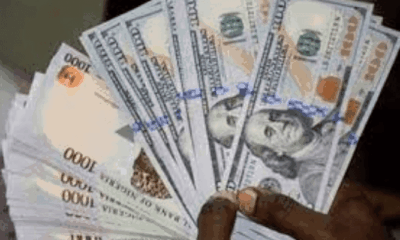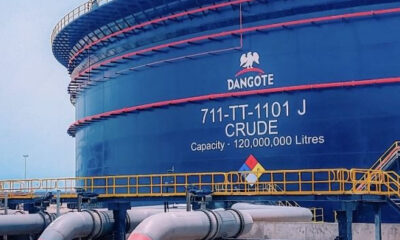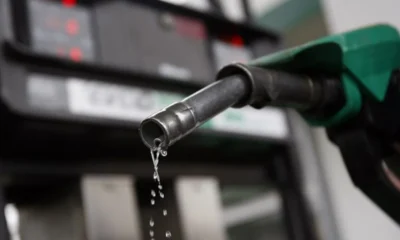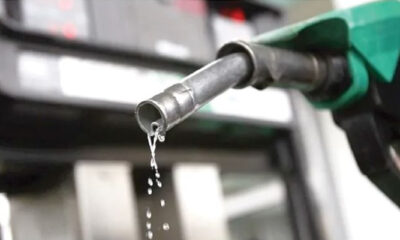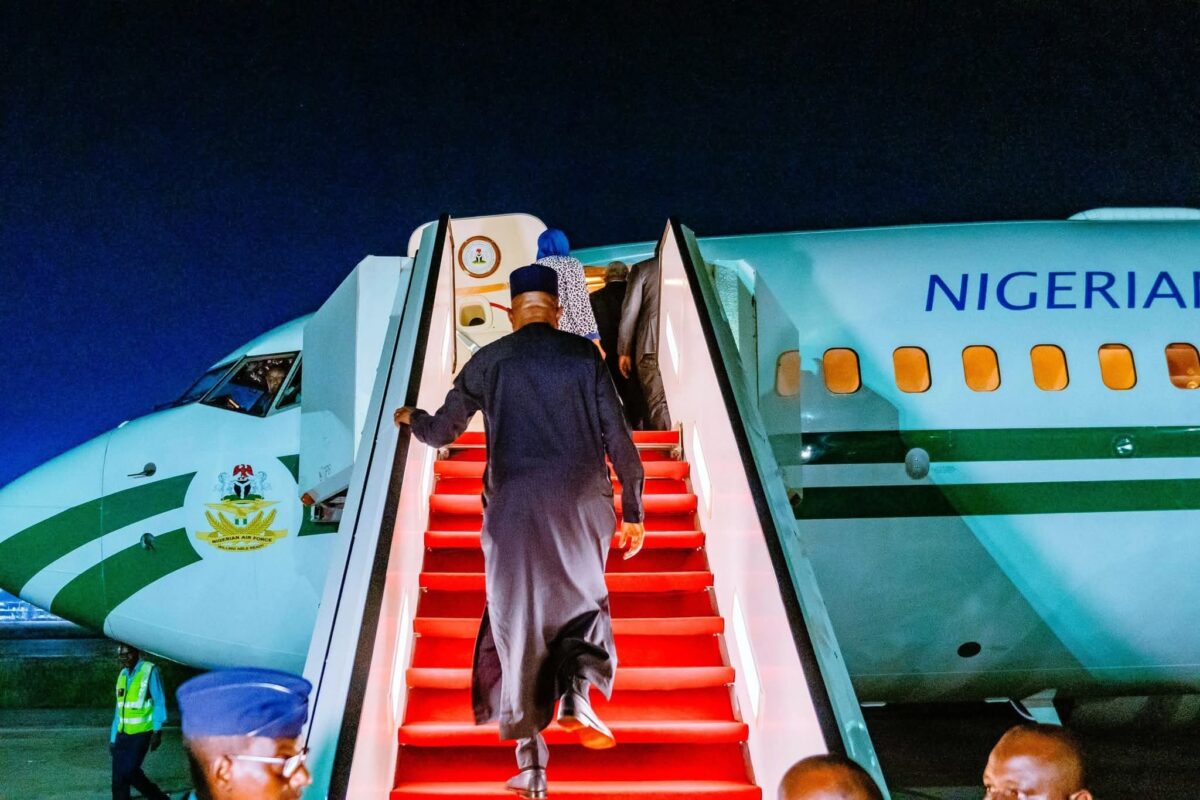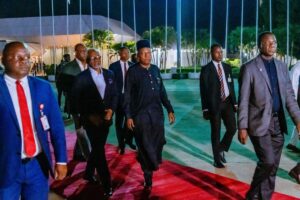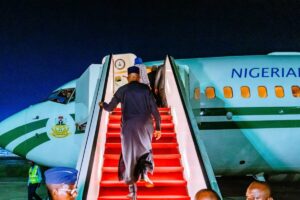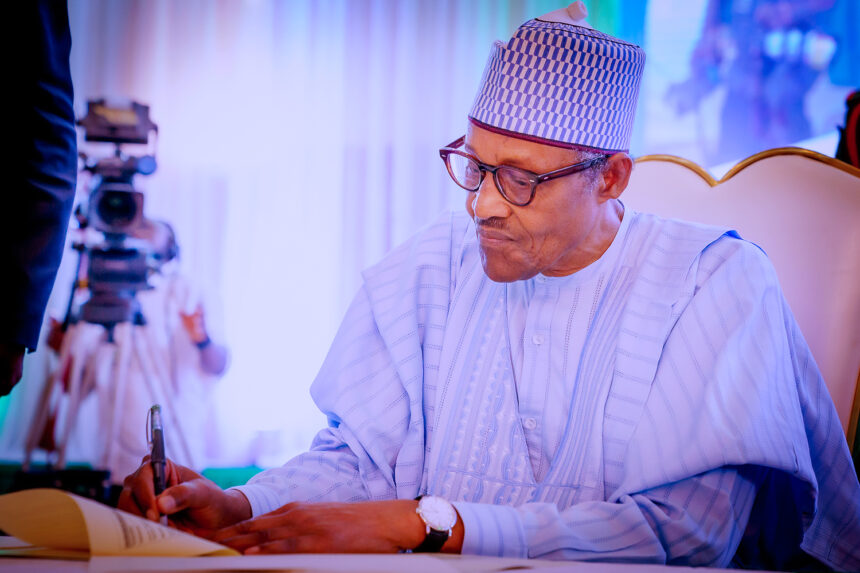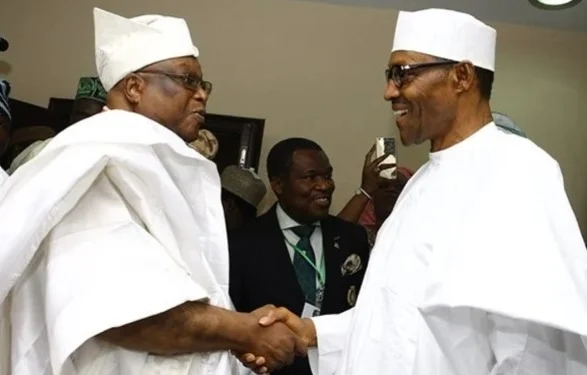President Bola Tinubu and several former Nigerian heads of state are expected to assemble in Daura today for the burial of former President Muhammadu Buhari, in accordance with Islamic customs.
Vice-President Kashim Shettima, acting on the President’s directive, accompanied Buhari’s body from London where he passed away around 4:30 pm on Sunday.
Report has it that Buhari’s remains are expected to arrive in Nigeria early Monday for immediate transport to his hometown in Daura, Katsina State, for burial.
“The burial is today (Monday). They’re bringing his corpse over the night. They’ll go straight to Daura. So, they’ll bury him today (Monday).
You know, the Islamic rites don’t take time,” one official, who asked not to be named, explained.
Another insider said, “When the corpse arrives, we are sure the President would go there. After they go to Daura, the President can join them there.”
When asked if any African presidents would be present in Nigeria to pay their respects, a third official replied, “Yes, there would be mainly West African Leaders. But we don’t know who and who until they start to communicate on Monday.”
The official added, “The body will arrive early tomorrow and be buried. We’ll start having heads of state from West Africa. It is likely that some will come.
If they come they will stay in their hotels until they get a time to see the President today (Monday).
You know, the President just came back early hours of today. And he’s still resting.”
Tinubu had announced the former leader’s death, which followed a lengthy undisclosed illness.
“President Tinubu has spoken with Mrs Aishat Buhari, the former President’s widow and offered his deep condolences,” read a statement issued Sunday by Tinubu’s Special Adviser on Information and Strategy, Bayo Onanuga.
The statement was titled ‘President Tinubu Announces President Buhari’s Passing, Orders VP Shettima To The Uk To Accompany Body Back Home.’
“President Tinubu has also ordered Vice President Kashim Shettima to proceed to the United Kingdom to accompany President Muhammadu Buhari’s body back to Nigeria,” Onanuga said.
Tinubu instructed that national flags be flown at half-mast as a tribute to the late leader.
He also called for an emergency Federal Executive Council meeting on Tuesday, July 15, 2025, to honour the former President.
In a personal tribute signed Sunday evening, Tinubu affirmed that Buhari would receive full state honours.
“As a mark of respect to our former leader, I have directed that all national flags fly at half-staff across the country for seven days from today,” Tinubu wrote.
He added, “I have also summoned an emergency Federal Executive Council session on Tuesday, dedicated to his honour.”
The President said the news of Buhari’s death brought him “profound sorrow and a heavy heart,” and noted that Nigeria had lost “a patriot, a soldier, a statesman.”
“President Buhari was to the very core, a patriot, a soldier, a statesman. His legacy of service and sacrifice endures.
He served Nigeria with unwavering dedication, first as a military leader from January 1984 to August 1985, and later as a democratically elected President from 2015 to 2023.
Duty, honour, and a deep commitment to the unity and progress of our nation defined his life,” Tinubu wrote.
Tinubu also characterized Buhari as a steady leader during difficult times, praised for his integrity and strong belief in Nigeria’s potential.
He commended Buhari’s fight against corruption and his effort to bring discipline to governance.
“He championed discipline in public service, confronted corruption head-on, and placed the country above personal interest at every turn,” Tinubu said.
The President also expressed sympathy to the people and traditional authorities of Daura, the late President’s birthplace.
“In this moment of national mourning, I extend my deepest condolences to his beloved wife, Aisha, with whom I have been in constant touch, his children, the entire Buhari family, and all who knew and loved him.”
“I also extend my condolences to the government and people of Katsina State, most especially the people and traditional leaders of Daura Emirate,” he stated.
Tinubu said the government would arrange a funeral that reflects Buhari’s “towering contributions to our country” and prayed for his peaceful rest.
“We honour his service. We reflect on his legacy. And we pray for the peaceful repose of his soul,” he said, adding, “May Allah forgive his shortcomings and grant him Al-Jannah Firdaus. And may his life continue to inspire generations of Nigerians to serve with courage, conviction, and selflessness.”
The 82-year-old had travelled to London in late June for continued treatment for an unspecified medical condition.
During his presidency, Buhari frequently travelled abroad for health reasons.
He made at least 13 medical trips to the UK while in office.
His first documented trip occurred in June 2016, just over a year into his presidency, lasting ten days.
By 2017, his health-related travels increased in frequency and length.
In May 2017, he spent more than 100 days in London, his longest medical leave, sparking concerns about leadership continuity.
Such visits were often suddenly announced, with official statements describing them as “routine check-ups.”
From 2018 to 2021, Buhari is said to have travelled to London for medical purposes at least once annually, including trips in April 2021 and March 2022.
His last known medical trip while president occurred in October 2022, just months before completing his tenure.

 BIG STORY3 days ago
BIG STORY3 days ago
 BIG STORY3 days ago
BIG STORY3 days ago
 BIG STORY4 days ago
BIG STORY4 days ago
 BIG STORY5 days ago
BIG STORY5 days ago
 BIG STORY5 days ago
BIG STORY5 days ago
 BIG STORY3 days ago
BIG STORY3 days ago
 BIG STORY3 days ago
BIG STORY3 days ago
 BIG STORY5 days ago
BIG STORY5 days ago







